There are some myths that prevent people from travelling Africa. During our recent seven months overland trip from Cape Town to Ethiopia and back we found that the following ten popular myths simply are not true.
You have to pay bribes
People have the perception that one has to pay bribes to be able to cross borders in Africa. We did not encounter one single request, not even a hint of one, at any of the border crossing during our seven month trip from Cape Town to Ethiopia and back. In fact, we found all border officials to be friendly, competent and efficient and we saw mission statements to this effect in many of the border post premises. We deflected one request for a coke, by the guard manning the boom, as we didn’t wish to encourage this behavior.
Africa is inefficient
Africa may not be as polished, orderly and neat as the First World, but it works! Maybe the best example is communication. To buy a sim card in South Africa, we would be obliged to go to an official cellphone shop, which is quite often located in an upmarket mall. However up in Africa sim cards are often available from informal outlets. Indeed the fanciest informal outlet in which we did business on our trip was housed in a freight container in Zimbabwe. Many other sim cards were bought from street vendors who were just as efficient as their counterparts in the upmarket shops back home; registering our simcards on the network, selling airtime, converting airtime to data and ensuring that our comms worked. This, often in spite of us not being able to converse in the local language.
The same level of efficiency applies to welding or tyre repairs which are available at the road side.
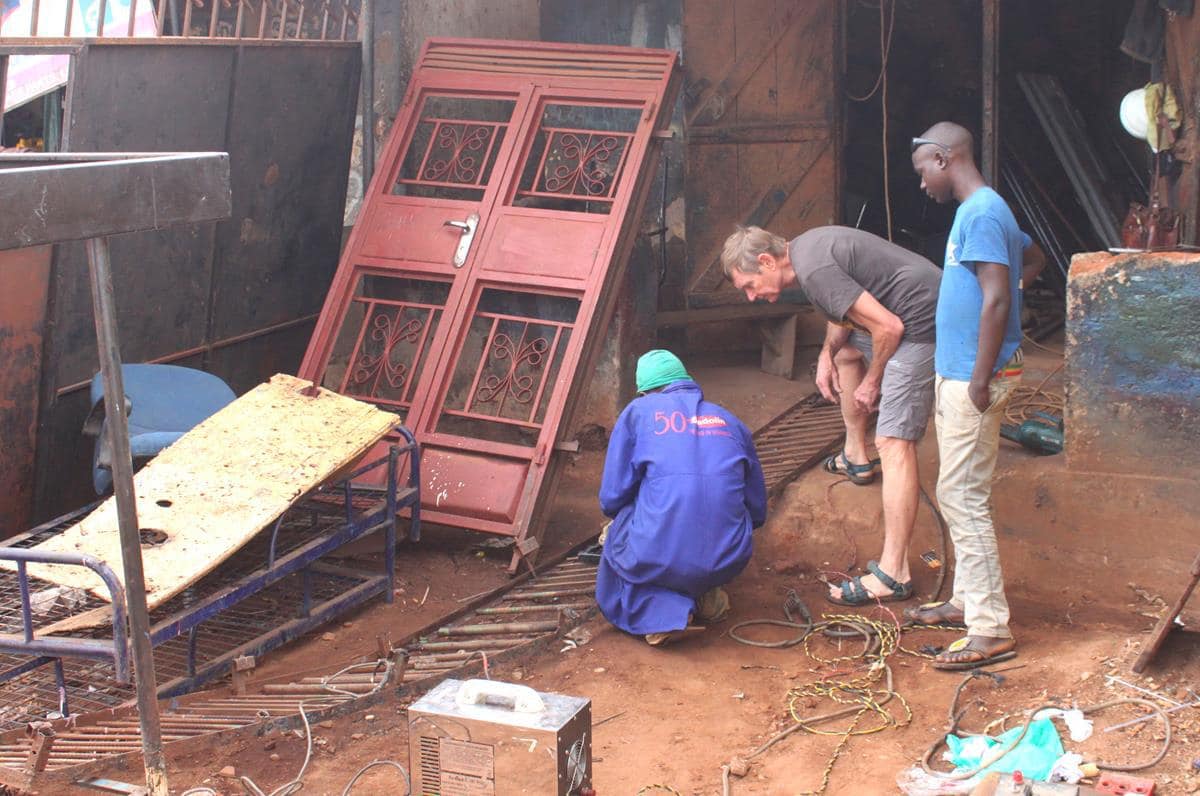
Africa is dangerous
We firmly believe that on average we are at a higher safety risk in South Africa than we ever were during our trip. The same rule however applies to Africa as anywhere else in the world: the higher the concentration of people, the higher your risk. Partly for that reason we prefer to spend as little time as possible in or around large town or cities.
As far as wild animals go: if you are sensible the lions won’t eat you! Seriously, in areas where you know there are dangerous wild animals, you have to apply commonsense.
You will get sick
As long as you have all the required vaccinations, take care with your drinking water, prepare your own food carefully, be careful of what you eat at restaurants and take prophylactics for malaria, you run more or less the same risk of getting sick as you do at home. If you are healthy at home, chances are that you will be healthy on your trip. During our seven month trip I got sick one night because of our own cooked food that we did not refrigerate properly. Other than that, neither of us got sick.
You can’t travel solo
If you have a suitable and reliable vehicle, know how to drive it on challenging roads and have done a bush mechanics course you can enjoy the freedom of travelling on your own. The truth is that you are hardly ever alone in Africa. Even in the most remote areas like Lake Turkana in Kenya or Kaokoland in Namibia, where you often drive without seeing another vehicle for days, you will come across tribal people. If you get stuck (like we did in the Kaffa region) there is always somebody around to help pull you out.
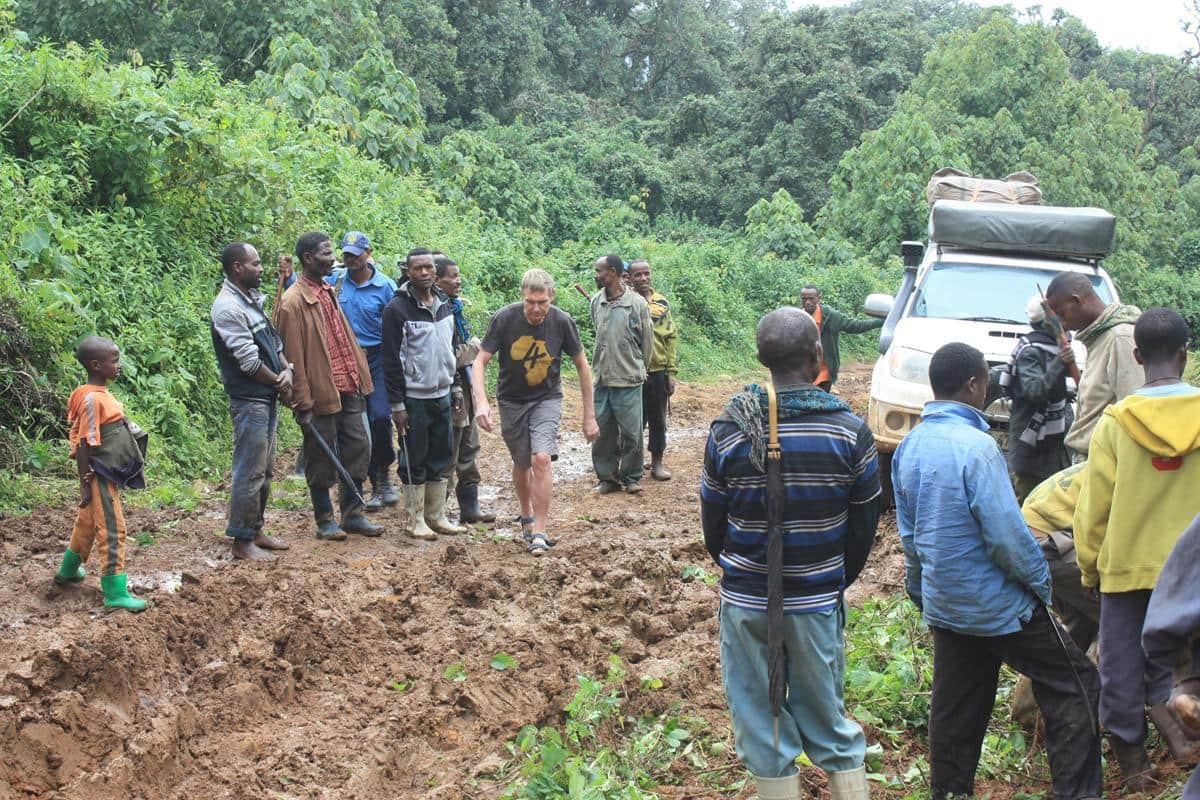
However, if you break down it’s unlikely that they will be able to help you, as few in these remote areas own vehicles. At worst however, they will help keep you alive if necessary, as you are likely to encounter a long delay whilst you get competent mechanical help.
You won’t be able to phone home
It is amazing to realise that the whole of Africa is connected. People in even the smallest villages use cellphones and you can buy airtime everywhere from street vendors or little shops. Only in the most remote areas (which are sadly hard to come by) are you not guaranteed of cellphone reception. Communication via local networks is cheap.
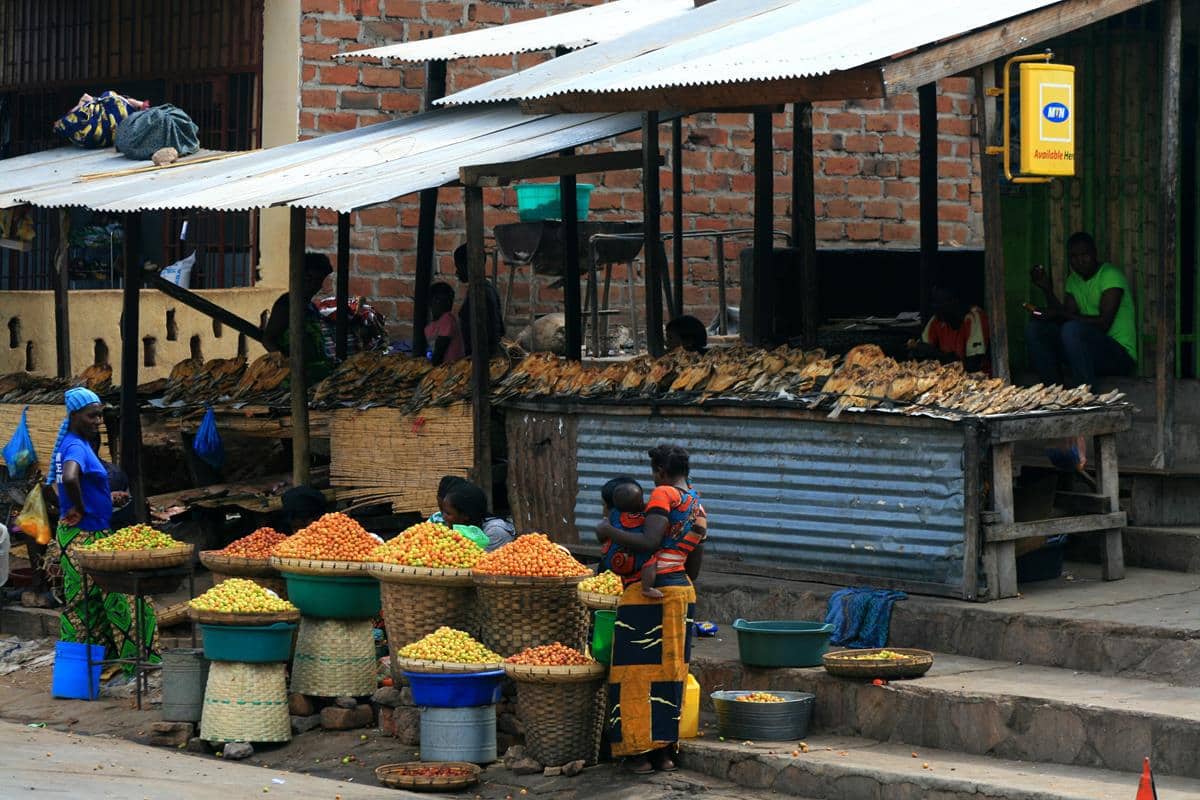
You must take traveller’s cheques and loads of US$
Traveller’s cheques don’t work too well in Africa. Cash is king and in rare cases (hotels etc.) you can pay with your credit card. You will be able to withdraw money at ATMs in most of the bigger towns throughout Africa. Ideally have both Visa and Master cards with you or at least cards from different financial institutions as either your bank or the ATM itself can be fussy about paying out. Take some US$ as a backup and to pay for visas at border crossings and only use it when all other sources of funds have failed.
You must have a Carnet de Passage
You don’t need a Carnet de Passage for Namibia, Zambia, Zimbabwe, Botswana, Malawi, Mozambique, Tanzania, Ethiopia, Uganda or Rwanda. The only country for which a Carnet is obligatory is Kenya. Note that some countries will still require you to buy a Temporary Import Permit, despite your Carnet.
You need a satellite phone
You don’t need a satellite phone to travel Africa safely and if you take one, consider how the person you call will be able to provide assistance! You will virtually always have cellphone reception to phone for a medical evacuation and plenty of local people around who can help you if you get stuck. It is far better to sort out the problem yourself than phoning somebody thousand of kilometres away. If you plan on travelling in extremely remote areas you may, however, consider taking a medical alert device which will notify your medical insurance if you are in need of an urgent medical evacuation.
The poverty will get you down
People’s perceptions differ but the prevalence of poverty did not weigh us down. North of South Africa the gap between rich and poor is much smaller than here. We felt that if you travel Africa looking through First World eyes, then the lack of large, smart houses, expensive cars and trendy clothes may shock you.
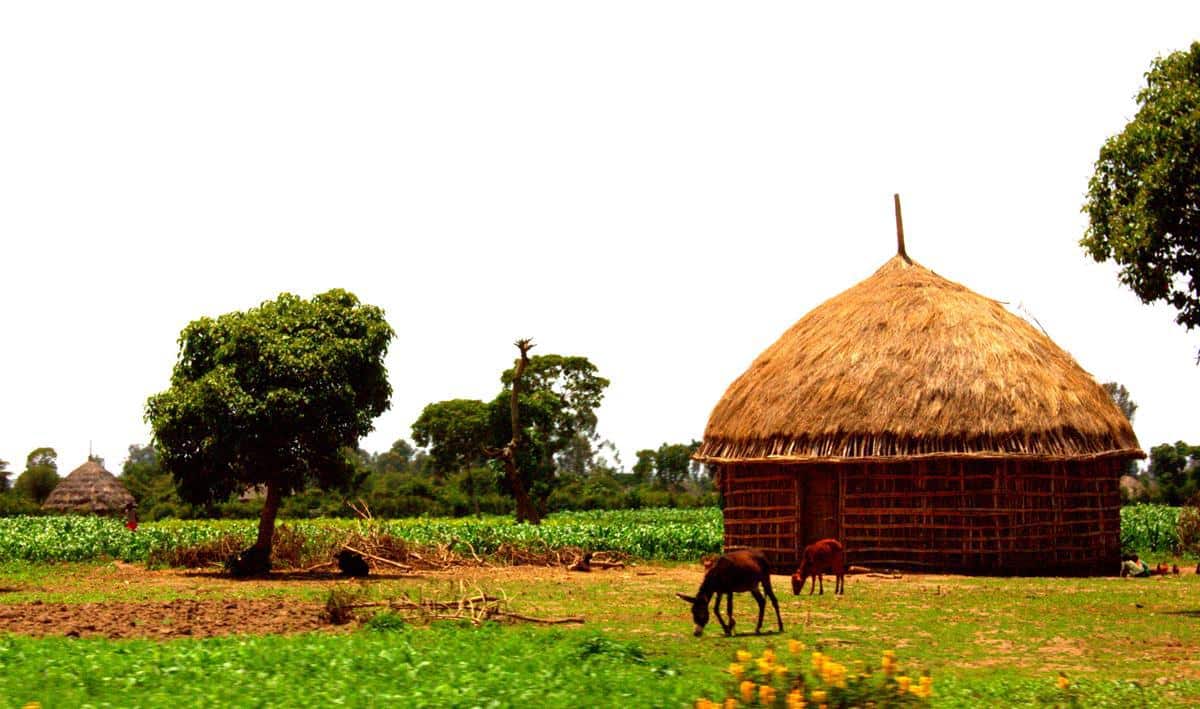
But although life in Africa is far more basic, less orderly and hygienic, virtually everybody has some form of shelter and adequate food (albeit not the variety that we are used to). However, not even the few street kids we encountered were emaciated. We found harmony and beauty in the simplicity and people seemed content.

In fact on return home, our eyes were opened to the over indulgence of the First World which appeared largely unnecessary and wasteful.
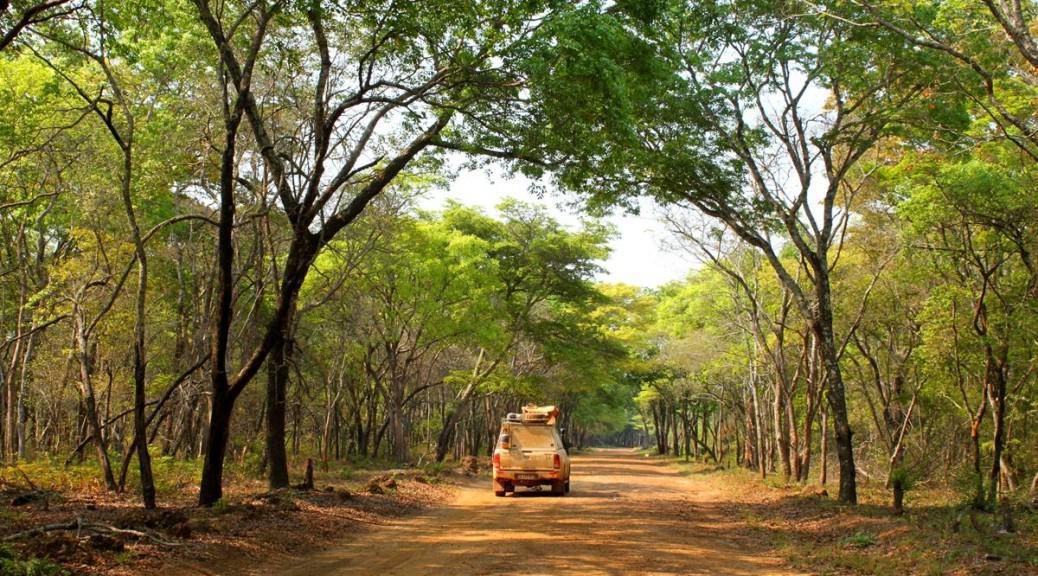

Let’s get real about South African crime for a moment though. Don’t be oblivious to the fact that SA currently has the same murder rate as warzones such as Somalia, Afghanistan, Iraq and Yemen. Research where you’re going and consult locals to stay out of trouble areas.
I’m looking to do a trip, Cape Town to Tanzania,Rwanda, Malawi Mozambique and of course Kenya would be good if no Carnet is required.
Another myth is: “You need to bring most of your food with you.” Yes, if you only eat Karoo lamb chops and Cape grapes, this might be true. No, there is local produce sold at the roadside, at traditional markets and at shops almost everywhere. Carry a few tins and packets of pasta for those days when fresh food may be scarce, but otherwise be flexible and allow locals to introduce you to what they eat and how to prepare it. Mike http://www.mozguide.com
You can enter Kenya without a carnet now.
Where did you find that out? That makes a big difference for us as Kenya was the only place on our route that demanded a carnet.
Thank you very much for the information
Good article you have written
I am planning my trip to africa and this helps me alot
Thanks again
This does not only apply to Africa. My experience in Northern Asia is quite similar.
I have to agree with all of this, though crossing CAR and DRC cost us around $1500 in ‘official’ payments to police/military road blocks. Your route didn’t go to those countries. East Africa is definitely less stressy than West (from an overlander’s point of view!) and always the local people you meet are wonderful! Our route (motorcycles) was Tunisia, Algeria, Niger, Burkina, Ghana then straight east across to Nairobi (Benin, Togo, Nigeria, Cameroon, CAR, DRC, Uganda, Kenya)…. Then south via Tête corridor… As done by many. Entering Uganda from DRC was a bit of a let down – in that suddenly there were tar roads, hotels, cold beer(!)… much less of an adventure than being in the DRC. My advice to anybody wanting to do this: start getting your visas and carnet going… the rest just falls into place and by the time you leave all the paperwork is behind you and you can enjoy the adventure!
I agree 100% with your post. 4 years, 102,000km, 36 countries of solo travel in Africa: not one bribe paid; sick only a couple of times; felt perfectly safe the vast majority of the time; only a handful of ‘negative’ experiences, none of which were really bad. It’s all about how you approach your travel & the people you encounter.
We did 38,000km down west coast / central africa route in 2010 and it’s our Land Rover pictured at the top of the blog, I can relate to the post. My observation is that some Overlanders over dramatize their travels and write in the style that perpetuates the Africa myths that are bust in this article. We only had one serious bribe aka scam experience at the notorious Rosso crossing into Senegal. Rest of our trip was fine. Your attitude to situations more often than not dictates the outcomes you experience and hence the perpetuation of the myths, for some people at least, will continue. Say hi to Johann and the team!!
Very well said. We endorse all your myth trashes.
Thank you for this post. Do you know if I can get into Egypt without the Carnet de Passage?
No… Essential for Egypt.
Great clean up of Western prejudices! (As well as of the repeated NGO-lie about 60% of the world population being ‘hungry’ and mal fed. They are in the need of a boost in their financial career apparently.)
Compliments. Will forward it to my friends & family.